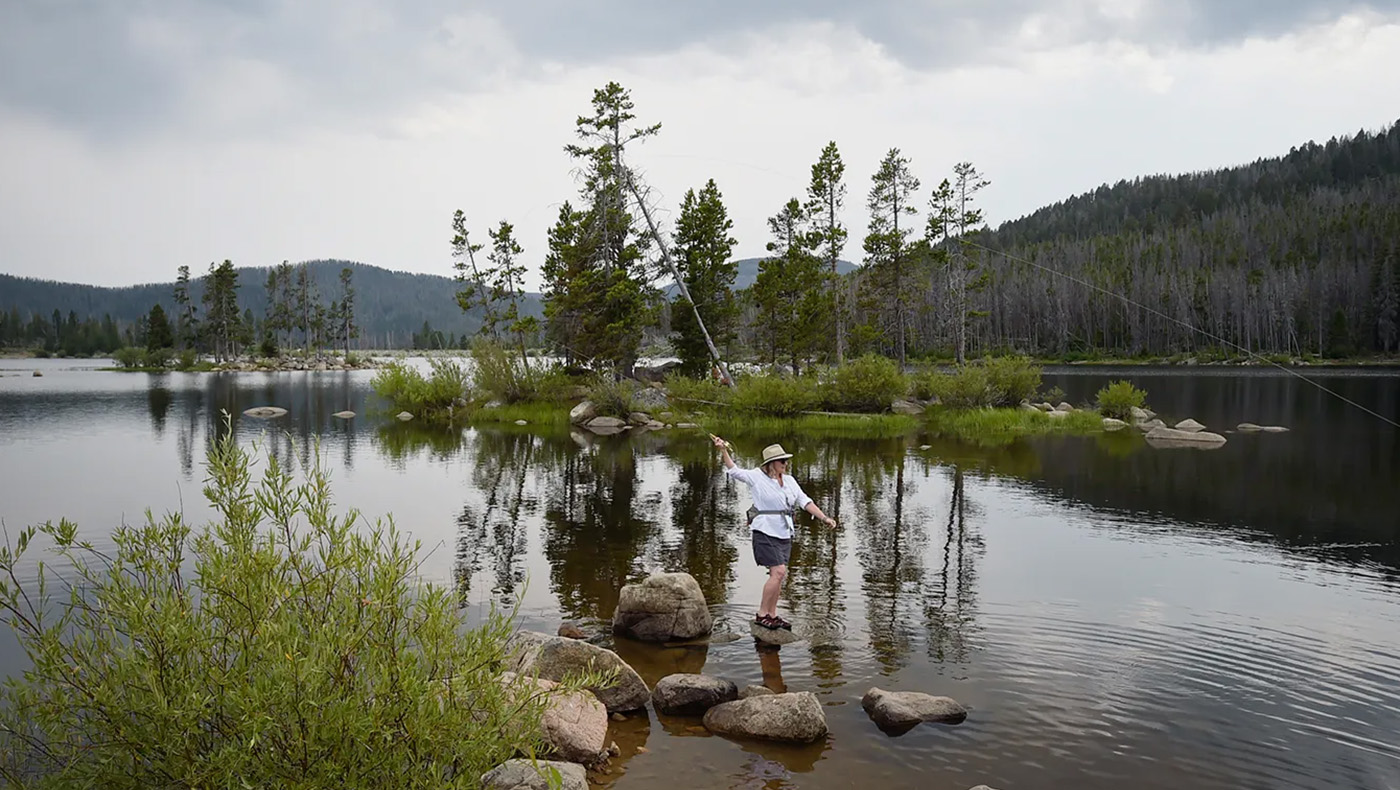Recreational fishermen could be ‘untapped allies’ in the fight against climate change, Northeastern research says

Nature lovers tend to be categorized as either “appreciative” or “extractive.” The first group includes people like hikers and bird watchers, while the second includes hunters, fishermen and fisherwomen.
A recent study by Northeastern marine biologists says there’s an overlap between the two groups that could be the start of a new conversation about protecting the environment—and combating climate change.
The paper published in Sustainability looks at the pro-environmental behaviors and attitudes of three groups of people: citizen scientists who count rather than catch fish, recreational fishermen and people who fell into neither group.
It’s one of the first times scientists have studied the attitudes toward climate change of recreational rather than commercial fishermen, lead author Marissa Varade says.
She says citizen scientist fish counters exhibited higher levels of pro-environmental behaviors than either recreational fishermen or individuals who were neither fishermen nor citizen scientists.
But the paper also showed that fishermen who invested more heavily in their sport—in terms of gear and time—exhibited greater pro-environmental behaviors than less specialized fishermen and non-fishers.
“There are lots of different factors that motivate people to have pro-environmental attitudes,” says Brian Helmuth, Northeastern professor of marine and environmental science at the Marine Science Center and Center for Coastal Sustainability in Nahant.
“If we only look at this through the lens of an academic, we’re going to miss a lot of the reasons why people care about nature,” says Helmuth, who also contributed to the study.
“There are all sorts of potential allies out there in finding solutions to climate change. Recreational fishers are one of those that’s still largely untapped.”
Read more fromNortheastern Global News.
Photo by Thom Bridge/Independent Record via AP
Author: Cynthia McCormick Hibbert